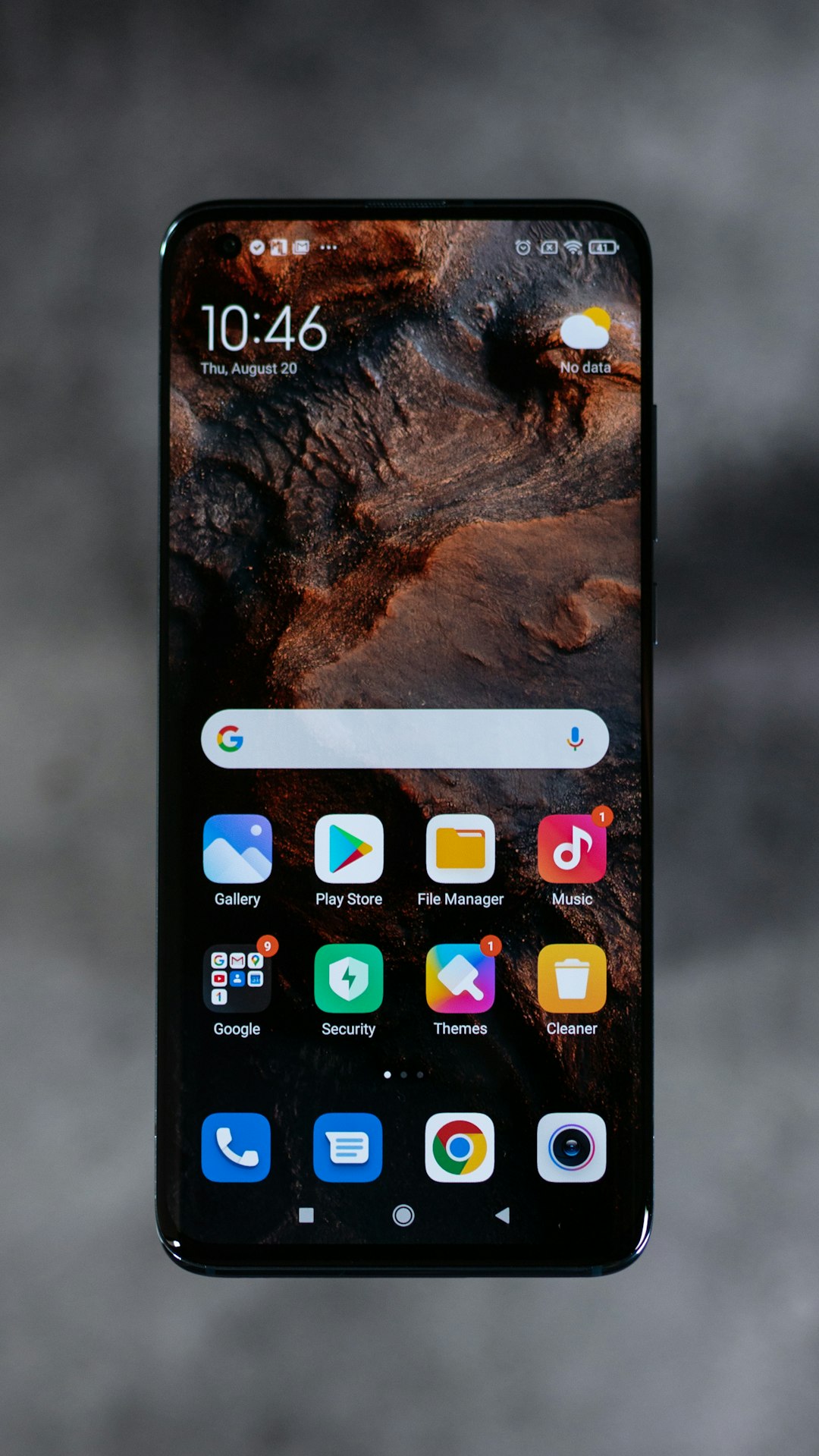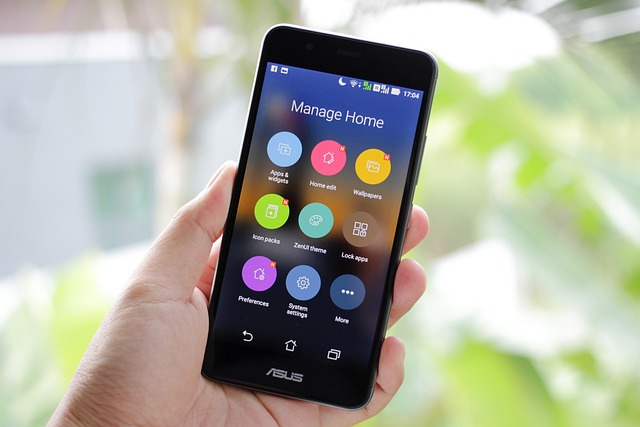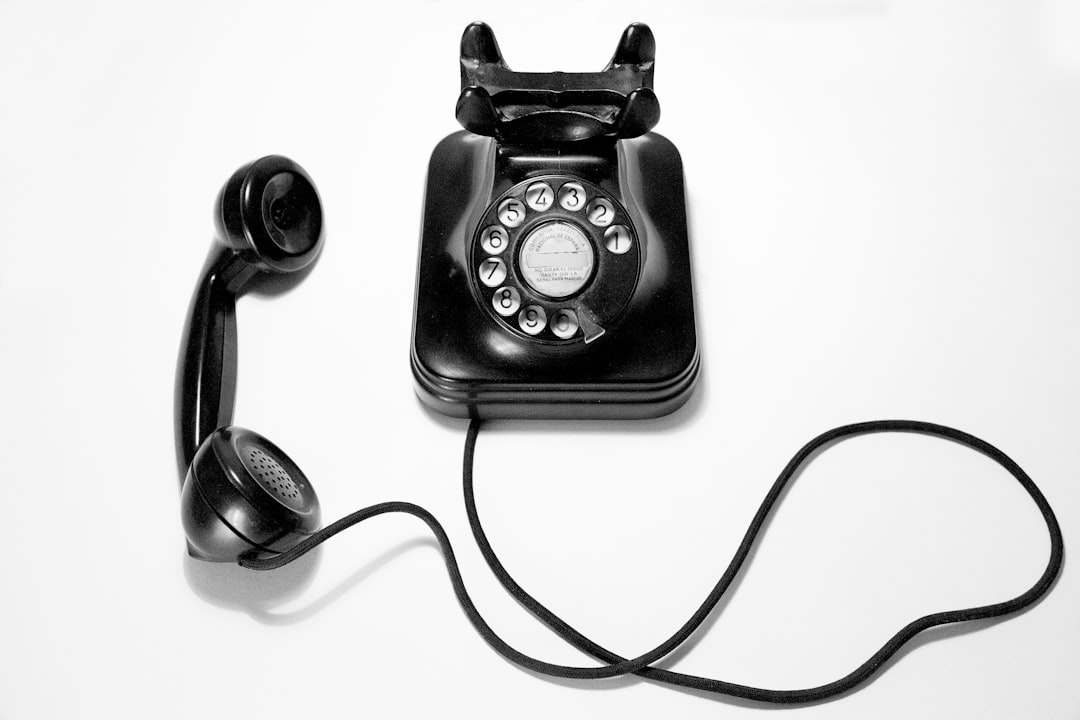New York City's Do Not Call laws protect residents from unwanted telemarketing calls, offering peace and control over their communication choices. By registering online or through government hotlines, NYC residents can block automated or prerecorded calls, reduce call volumes, and protect their privacy within specific timeframes after declining a call. Although there are challenges with non-compliant organizations, the Do Not Call Registry ultimately empowers consumers for a more balanced phone experience.
In the bustling metropolis of New York City, consumers often face a deluge of unwanted phone calls from telemarketers. To combat this, the state has implemented robust Do Not Call Laws. This article explores how the Do Not Call Registry in New York City protects residents from intrusive calls, providing an insightful dive into its mechanisms, benefits, and challenges. Understanding these Do Not Call Laws is crucial for every NYC consumer looking to reclaim control of their communication channels.
Understanding Do Not Call Laws in New York City

In New York City, Do Not Call laws are designed to protect consumers from unwanted phone calls, ensuring they can enjoy a peaceful and unobstructed lifestyle. These regulations are part of a nationwide effort to curb excessive telemarketing practices. Under the Do Not Call Laws, businesses are prohibited from making automated or prerecorded phone calls to individuals who have registered their numbers on the state’s Do Not Call list. New York City residents can easily opt-out by registering their phone number online or through dedicated government hotlines.
The laws also specify timeframes and restrictions for telemarketers, mandating a cooling-off period after a consumer declines a call or request. This means that once you’ve expressed disinterest, you should no longer receive calls from the same company for a specified duration. These measures empower New Yorkers to take control of their personal time and privacy, fostering a more balanced and less disruptive living environment.
How the Registry Protects Consumers and Fights Unwanted Calls

The Do Not Call Registry in New York City is a powerful tool designed to protect consumers from unwanted telemarketing calls. Once registered, individuals and households receive significant relief from unsolicited phone calls, as it prohibits businesses from making marketing calls to numbers listed on the registry. This protection is crucial for New Yorkers who often face a barrage of sales pitches daily, offering everything from financial products to home services.
By enrolling in the Do Not Call Laws New York, residents can expect a reduction in call volumes, ensuring their privacy and peace of mind. The Registry works by blocking listed numbers from receiving automated or prerecorded calls, significantly curbing the practices of aggressive telemarketers. This simple yet effective measure allows consumers to focus on genuine communications without the constant annoyance of unwelcome sales calls.
Benefits and Challenges of Enrolling in the Do Not Call Registry

Enrolling in the Do Not Call Registry offers New York City consumers numerous benefits, ensuring they have greater control over their privacy and communication choices. Once registered, individuals receive fewer telemarketing calls, significantly reducing unwanted interruptions during personal time. This peace of mind is especially valuable for those who appreciate solitude or have specific schedules. The registry also provides clarity by establishing clear boundaries, allowing subscribers to focus on calls from pre-approved sources without the nuisance of persistent sales pitches.
However, there are challenges to consider. Some legitimate businesses might inadvertently exclude themselves when making calls, leading to missed important communications. Moreover, not all organizations adhere to Do Not Call Laws in New York, leaving room for frustration and annoyance despite enrollment. Despite these hurdles, the overall advantage lies in empowering consumers, offering them a more balanced approach to managing their phone interactions within the city’s legal framework.






